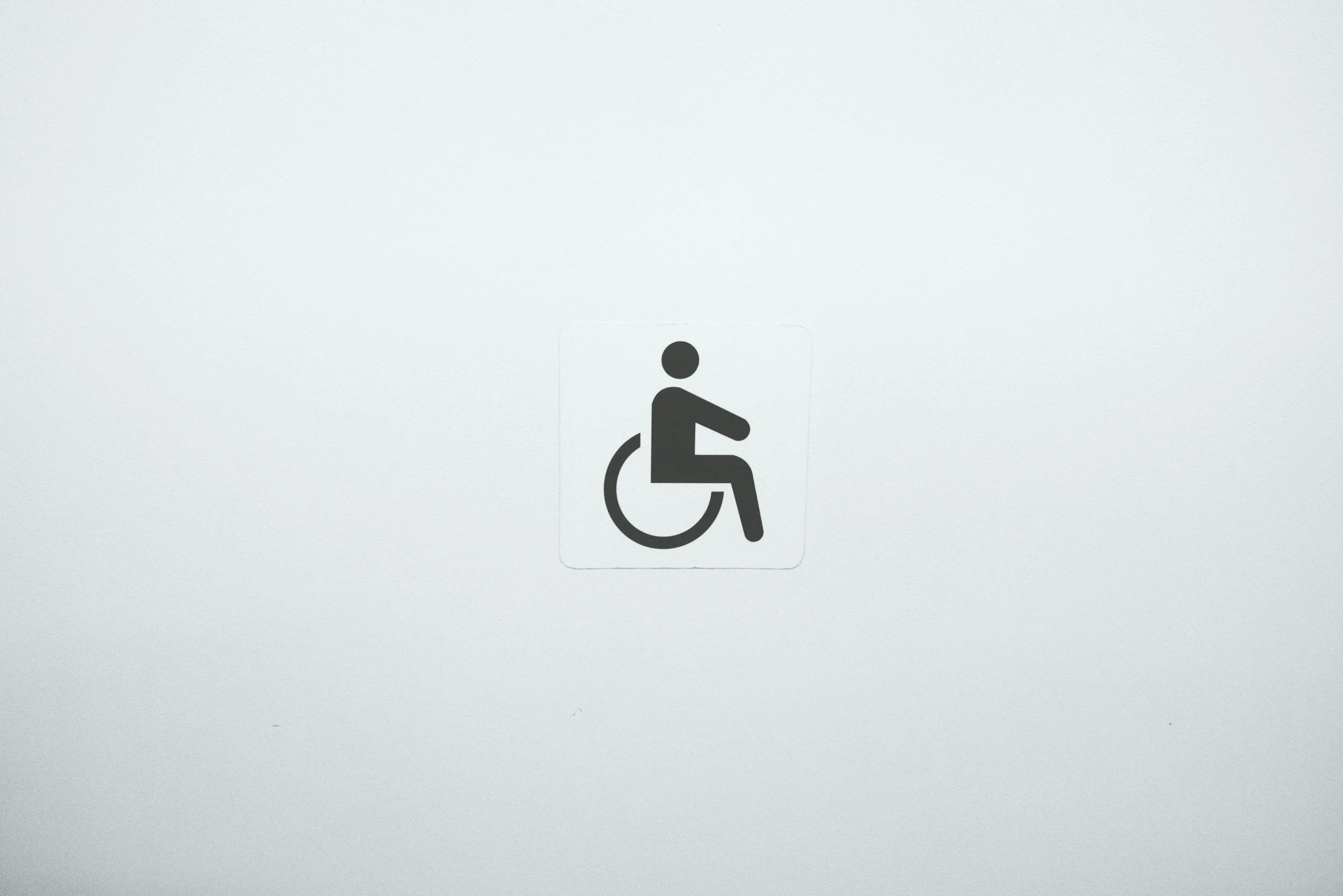Resources & Recommendations
The Association for Equal Access provides a wide range of resources designed to help people with mobility disabilities conquer the challenges of accessing public spaces and services. Whether you’re a person with a disability or a business owner looking to improve accessibility, our collection of insightful websites, government publications, and relevant updates will help you make informed decisions and take action.
A NOTE FROM THE U.S. ACCESS BOARD ON ADA ENFORCEMENT
"ADA Standards are not a building code, nor are they enforced like one. They constitute design and construction requirements issued under a civil rights law. The ADA’s mandates, including the accessibility standards, are enforced through investigations of complaints filed with federal agencies, or through litigation brought by private individuals or the federal government. There is no plan review or permitting process under the ADA. Nor are building departments required or authorized by the ADA to enforce the ADA Standards (some building departments even include a disclaimer on their plan checks indicating that ADA compliance is not part of their approval process). Entities covered by the law ultimately are responsible for ensuring compliance with the ADA Standards in new construction and alterations."
Insight
The Americans with Disabilities Act (ADA) was enacted in 1990, but many businesses, institutions, and even some municipalities still have not complied. The US Department of Justice (DOJ) enforces the ADA through lawsuits against municipalities and larger corporations such as Target and Kmart because they will achieve accessibility for many people with one lawsuit. The DOJ, however, cannot police every business in the USA. Some businesses do not want to spend the money to comply with the ADA and may operate for decades without a complaint. When a complaint does occur, some business owners will simply ignore it and refuse to make modifications.
In these cases, the ADA allows the affected individual to file a federal lawsuit against the business, the business owner, and the property owner. In this way, court orders can be obtained to require modifications to the building and the business and to ensure that no further handicapped accessibility issues arise in the future. Additionally, damages are often provided by state law and will vary depending on the state.
We help our members understand the ADA and point them toward reasonable remedies. Often, we are able to show a business cost-effective methods for making an establishment more accessible.
If you own a business or a property where a business operates, remember that there is no "grandfather clause" in the ADA. Every business and public venue is required to comply.
With the following resources, we aim to equip the disabled community and the businesses that serve them with the tools needed to foster more accessible, inclusive spaces for everyone. Explore our recommended websites, download government resources, and stay updated on legal changes that impact accessibility.




